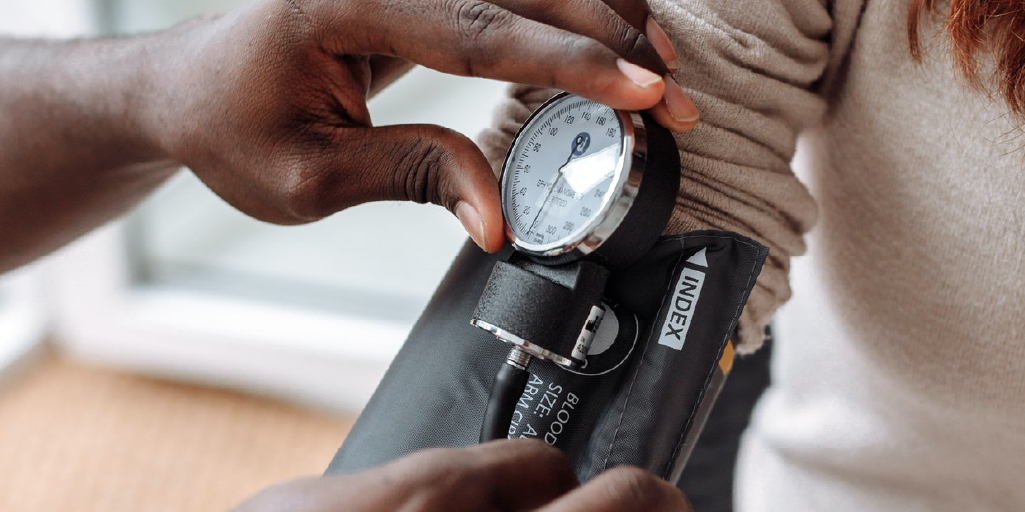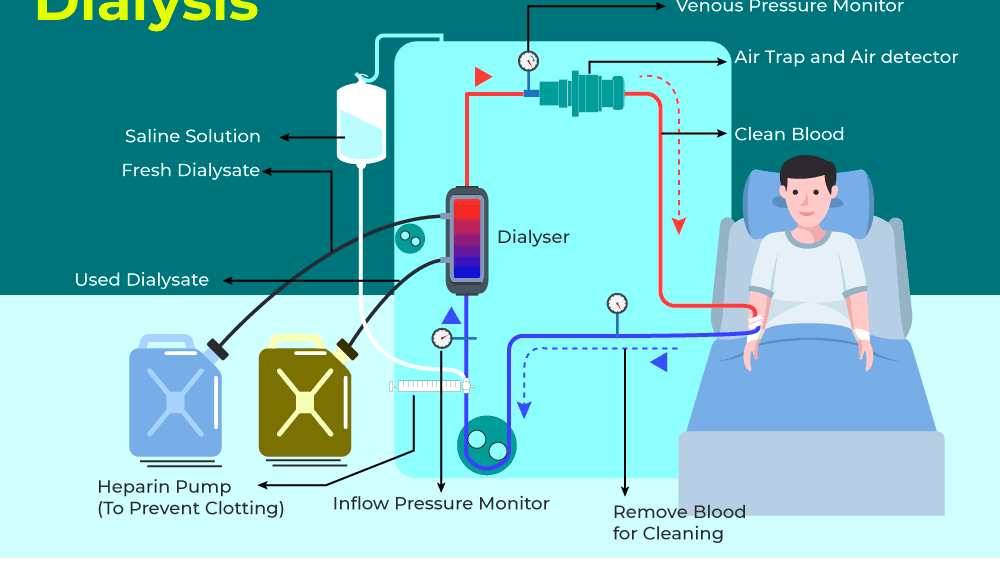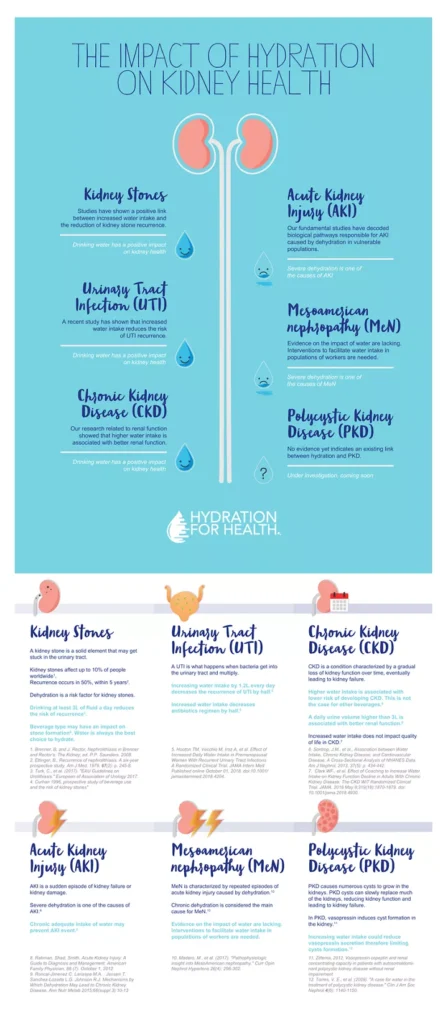An annual check-up isn’t about searching for problems that aren’t there—it’s about catching silent threats before they become serious. Studies have shown that routine health checks can lead to early detection of chronic diseases, better health outcomes, and even reduced healthcare costs over time.
In fact, a systematic review in BMJ Open (2021) found that general health checks improved the detection of chronic conditions like hypertension and diabetes, while also increasing the uptake of preventive services like cancer screenings and vaccinations.
A 2019 study published in JAMA Network Open found that individuals who went for annual wellness visits were more likely to receive preventive services and early diagnoses. Another study from The American Journal of Preventive Medicine highlighted that regular check-ups are associated with better health-related quality of life and reduced mortality risk.
These benefits are not just for older adults—young people, too, benefit from baselines being established early in life, allowing for quicker interventions if something goes off track later.
When you skip your yearly physical, you risk allowing silent killers like high blood pressure, diabetes, and even certain cancers to go unchecked. DrDoGood makes sure you don’t have to choose between your busy schedule and your health. In fact, you can book you check up now- just tap here.
What To Expect During an Annual Check-Up?
A typical check-up varies by age, gender, and personal risk factors, but most include:
- Medical history review: Lifestyle, family history, past illnesses.
- Vital signs check: Blood pressure, heart rate, respiration.
- Physical examination: From head to toe.
- Basic labs: Blood sugar, cholesterol, kidney function, sometimes HIV testing or hepatitis screening.
- Screenings: Depending on age/gender – e.g., cervical smears, breast exams, prostate checks.
- Counseling: Diet, physical activity, alcohol, smoking, mental health.
Key Health Checks for Men and Women by Age
To help you understand what to expect at your annual medical check-up, this table outlines the key health screenings recommended for men and women at different stages of life. While many routine checks are common to both, some screenings are specific to gender and age-related health risks. Regular check-ups are important for early detection and prevention, ensuring you stay ahead of potential health issues as you grow older.
DrDoGood simplifies this process by offering virtual pre-check-up consultations, lab test bookings, and digital follow-ups so you only go in-person when necessary.
| Age Group | Men | Women |
| 20–39 | Testicular exam, STI screening, fertility/sexual health counseling | Breast exam, Pap smear + HPV test, STI screening, pregnancy/contraception counseling |
| 40–49 | Prostate health discussions, cholesterol and diabetes checks, early colon cancer screening if family history | Mammograms begin, continue cervical cancer screening, perimenopause discussions |
| 50+ | PSA test, prostate exam, colonoscopy, bone density scan if needed, aortic aneurysm screening (if smoker) | Regular mammograms, bone density scan, colonoscopy, postmenopause health management |
Here’s what your check-up could catch early:
Some of the most dangerous diseases are the quietest. Here’s what your check-up could catch early:
- Hypertension (High Blood Pressure)
- Often called the “silent killer”, it may show no symptoms until complications like stroke or heart attack occur.
- It’s detectable with a simple blood pressure check.
- You may be asked to complete a BP profile because one BP reading is not enough to diagnose hypertension.
- Type 2 Diabetes
- You could have it for years before symptoms like fatigue, excessive thirst, foot ulcers or vision problems show.
- A fasting glucose or HbA1c test can catch it early.
- Chronic Kidney Disease (CKD)
- In its early stages, CKD often presents no symptoms.
- A urine test or BUE & CR(Kidney Function Test) blood test can reveal early damage.
- High Cholesterol
- You don’t feel it—but over time it clogs arteries, causing heart disease and sometimes strokes.
- Easily picked up with a lipid profile.
- Certain Cancers (like cervical, breast, prostate,colon)
- Regular screenings like PAP smears, mammograms, PSA tests or colonoscopies can catch them before symptoms appear.
Conclusion: Is It a Waste of Money?
Let’s flip the question: Is your health worth investing in? Is your peace of mind worth preserving?
An annual check-up may cost some money upfront, but it could save you thousands in emergency care, lost productivity—or even save your life.
At DrDoGood, we know the challenges—tight schedules, rising costs, health anxiety, or just not knowing where to start.
That’s why we’ve designed a seamless annual check-up experience:
- Book online or via our app.
- Choose to begin with a virtual consult, where your doctor reviews your risk profile.
- Get your labs done at a nearby facility or from home, if eligible.
- Receive a personalized wellness report, explained in simple terms by your doctor.
- Follow-up support—whether you need a diet plan, a referral, or just reassurance.
And if all your tests are normal? That’s not a waste—that’s peace of mind. Don’t wait until symptoms push you to act. Be proactive. Be empowered.



